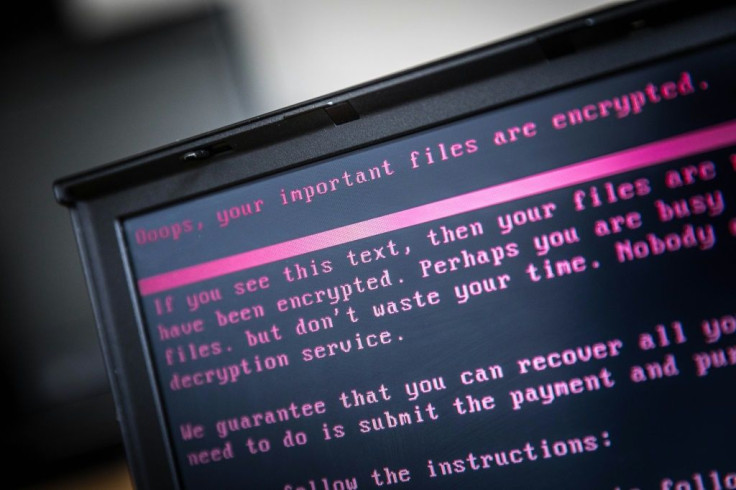Cybercrime And Cryptocurrency Exchange Hacks Up By 75% During Coronavirus Pandemic, FBI Reveals
KEY POINTS
- Online crime increased by 75% during the COVID-10 pandemic
- Some of the crimes are enabled by cryptocurrencies, due to which increased regulations are being proposed
- Work-from-home employees are targeted by malware and ransomware attacks
With more people working from home, online crime increased by 75%, some of which are enabled by anonymous cryptocurrencies.
Congressman Emanuel Cleaver of Missouri said an FBI report revealed daily cyber crimes increased by 75% during the COVID-10 pandemic. He made his opening remark during the United States House meeting on illegal digital activities.
According to Cointelegraph, Tom Kellermann, head of cybersecurity at VMware, said the finance industry got hit the hardest with a 238% increase in related digital crime and a 900% increase in ransomware attacking the industry.
In a separate report earlier this year, cybersecurity firm Kaspersky also noted financial institutions were a hotbed for attackers, and they are notable because there is a direct monetary loss if an attacker is successful.
Kellerman also cited an increase in crypto exchange hacks and leaks. Many crypto assets are being used in dark web forums “to create a bazaar for criminals and organized crime to reach a global market,” he added. He argued in favor of more regulation for digital money because “payment systems and cryptocurrencies offer true or relative anonymity.”
The reality is that many of these cryptocurrencies on public blockchains are actually traceable ("pseudonymous"). Any transaction using Bitcoin is broadcasted on the blockchain for anyone to see that it took place, as well as the public addresses of the sender and receiver. The blockchain even reveals how much bitcoin an address has. What’s missing is the personal information of those who are parties to the transaction. However, even that can be tracked depending on the purchase origin. Coinbase, for example, knows the identities of those who purchase Bitcoin through their app.
In order to contain the spread of COVID-19, many businesses closed, and some companies opted for their employees to work at home. These became opportunities for the hackers to prey on work-at-home employees who access company websites and databases from unsecured home connections.
According to security company RiskIQ, the most common ransomware comes in the form of email attachments. Some of these emails are specifically tailored as if to provide information about the coronavirus. Once the attachment is downloaded and installed, it will reveal itself to be a malware. The security firm is advising people to connect only to the company network using the company-issued laptop, multifactor authentication and secure the home router.

© Copyright IBTimes 2024. All rights reserved.



















